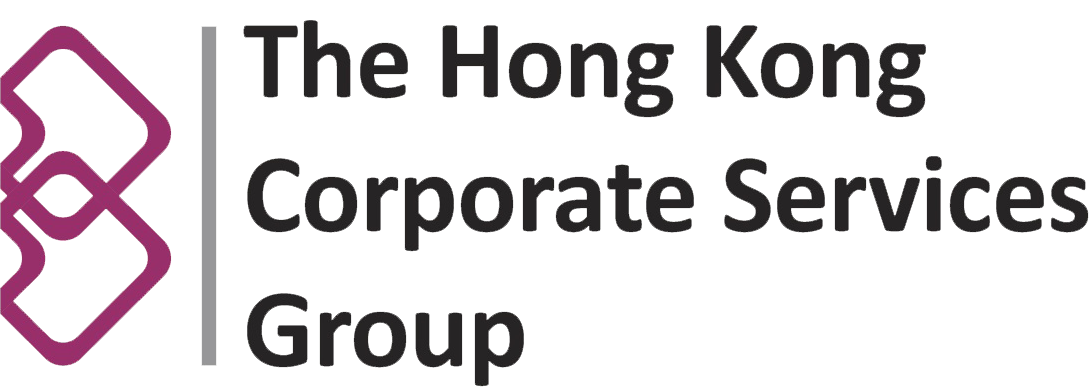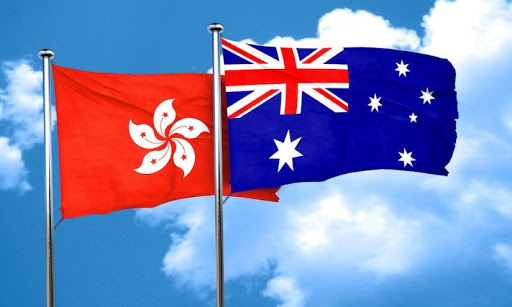Free Trade and Investment Agreements between Australia and Hong Kong a stamp of certainty.
Business requires confidence to operate, and the best way to achieve this is to remove uncertainty. The good news story of the recent Free Trade and Investment Agreements is that they remove the uncertainty of potential tariffs that may appear in the future. Although it could be argued that trade between Australia and Hong Kong was relatively unfettered before the Agreements, locking down the Agreements is an ongoing safeguard for those involved in this sector, particularly exporters and manufacturers. Ipso facto, it creates more certainty for investors.
On March 26th this year, The Hong Kong Free Trade Agreement (FTA) was formally signed in Sydney, as was the Investment Agreement, replacing the Investment Agreement which was signed in 1993.These mutual milestones have far reaching positive implications for investors and are a confidence builder. They offer far more favourable access to the Australian market under the FTA as the monetary thresholds for investment screening have been raised.
A well-known senior Corporate Executive in a senior role in Hong Kong is reported as saying: “This is a statement that Hong Kong can do its own trade deals, and that Hong Kong remains relevant. Locking it down preserves the current free-trade status of Hong Kong. It affirms that Hong Kong still has its own advantages, such as the rule of law, the freedom of the press, and an open economy. In an era of trade tension, the signing of this deal shows a beacon of potential and positivity.”
The Hong Kong Secretary for Commerce and Economic Development, Mr Edward Yau said: “In this particular FTA with Hong Kong, Australia has also committed to liberalising the full range of its arbitration, conciliation and mediation services and certain rail transport services, which Australia has never offered to its other FTA partners, except New Zealand.”
The two bilateral agreements are detailed and diverse in scope, covering trade in goods, trade in services, investment, protection of intellectual property rights, facilitating access to each other’s government procurement markets and the promotion of competition.
The Agreements provide Hong Kong traders and investors with legal certainty and more favourable access to the Australian market, whilst creating more business opportunities and enhancing investment flows between the two jurisdictions. Another benefit of the FTA is that it allows Hong Kong better access to Australian talent, cementing the city’s strength as a trading platform and service centre hub. Not only will tariffs on all goods originating from Hong Kong and Australia be eliminated, overhauls in the food and wine sector were also factored into the agreement, helping to make Hong Kong a trading and distribution hub for Australian products.
Yau added: “Hong Kong and Australia, both staunch advocates of free trade, have sealed two high quality deals. The commitments we made to each other far exceed our World Trade Organisation commitments, thereby enabling our goods, services and investments to enter each other’s market under more preferential terms. Against the prevailing uncertainties in the global economic environment, the two bilateral agreements, in providing high transparency and predictability for trade and investment, give a big boost of confidence to our rules-based trading system.”
“On trade in services, the quality negotiated outcome generally represents Hong Kong’s and Australia’s best deal with our respective FTA partners. In some 140 services sectors that Australia has made specific commitment under the FTA, Hong Kong Service providers are able to enjoy market access and treatment no less favourable that Australia’s local service providers under like circumstances, he weighed in on the calibre of the deal. “This tariff treatment is among the best offers Australia has extended to its FTA partners,” he added. The FTA with Australia is the fourth FTA that the current term of the Hong Kong Special Administrative Region Government has signed with its trading partners since taking office in July 2017.
According to the Hong Kong Government, “Australia was Hong Kong’s seventh largest services trading partner in 2017, with the total services trade between the two sides amounting to HK$44 billion. It was Hong Kong’s 20th largest merchandise trading partner in 2018, and the total merchandise trade was about HK$54 billion. On investment, as at the end of 2017, Australia ranked eighth among Hong Kong’s destinations of outward direct investment, with a stock of HK$134 billion, and it ranked 17th among Hong Kong’s sources of inward direct investment, with a stock of HK$33 billion.”
Apart from facts and figures that show the Trade Agreement can only be viewed in a positive light, the real benefit of the FTA is that it creates certainty – and ultimately confidence- in an uncertain world of trade.
PAVING THE WAY TO POSITIVE POTENTIAL
*Tariffs on goods originating from Hong Kong and Australia eliminated, and procedures simplified.
* Easier arrangements for business travel.
* Provisions to access each other’s procurement markets
* Effective protection of intellectual property rights and promotion of competition.
* The two bilateral agreements provide Hong Kong companies with legal certainty of market access and national treatment in the Australian market
* Increased access to Australia’s talent pool, aiding Hong Kong as a service driven marketplace.
* Legal certainty and more favourable access to the Australian market.


